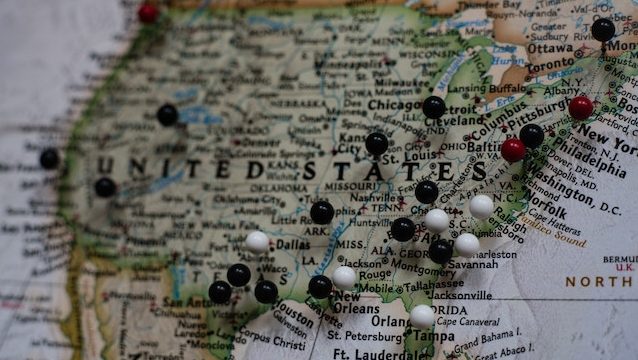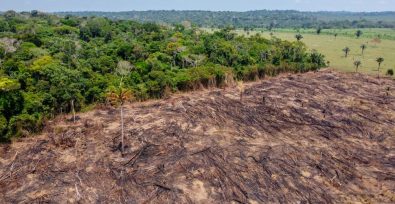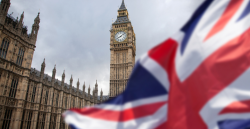The Jeffrey Epstein saga has captured the attention of the US, forcing Americans to grapple with the disturbing combination of wealth and abuse of power.
But while Epstein’s case is shocking, it’s worth pointing out that most cases of human trafficking look nothing like this. In fact, most cases of human trafficking in the US have nothing to do with sex at all. But cases of trafficking for forced labor and domestic servitude rarely make the headlines.
“It’s really important for folks to understand that labor trafficking is far more prevalent than sex trafficking,” said Jessica Emerson, director of the Human Trafficking Prevention Project at the University of Baltimore.
Vox reports:
For Emerson and others, the Epstein case is an opportunity to push back on some of the misconceptions around trafficking. But it’s also a chance to point out what the women who have spoken out about Epstein have in common with other trafficking survivors: When they met Epstein they were vulnerable, often poor and isolated from family members, or both.
“Trafficking doesn’t target people,” Kate D’Adamo, a consultant with the group Reframe Health and Justice, told Vox. “Trafficking targets vulnerability and marginalization.”
A lot of the details of Jeffrey Epstein’s case, such as his enormous wealth and his ties to powerful people, make it unusual in the larger world of human trafficking.
But other aspects of the case, said D’Adamo, “are so common.” According to the allegations against him, she said, “he went after marginalized young women” who needed money and who “would probably not be believed” if they came forward to report abuse, D’Adamo said.
That kind of marginalization is a common factor among survivors of all types of trafficking, Emerson said. People who are poor or have a hard time getting a job due to homophobia, transphobia, or other kinds of discrimination are especially vulnerable to being trafficked. So are people who are undocumented or whose immigration status is otherwise at risk.
Furthermore, one myth that crops up in the media each year is the idea that sex trafficking spikes during the Super Bowl.
Yet “No data actually support the notion that increased sex trafficking accompanies the Super Bowl,” wrote Kate Mogulescu, an assistant professor of clinical law at Brooklyn Law School, in a 2014.
Furthermore, research from the Global Alliance Against Traffic in Women shows that “despite massive media attention, law enforcement measures and efforts by prostitution abolitionist groups, there is no empirical evidence that trafficking for prostitution increases around large sporting events.”
Rather, as Mogulescu explains, this myth “has taken hold through sheer force of repetition, playing on desires to rescue trafficking victims and appear tough on crime.”







Freedom United is interested in hearing from our community and welcomes relevant, informed comments, advice, and insights that advance the conversation around our campaigns and advocacy. We value inclusivity and respect within our community. To be approved, your comments should be civil.